The unreal fluctuations in the oil prices, considered to be the lifeblood of the global finance system, the dysfunction of international and regional organizations such as the World Health Organization, the European Union and NATO, and the administrative disturbances in imperial the centers, and particularly in the United States (for example, the rise in disputes between federal and state administrations), resembles the crash of a computer program that has been poorly coded. The light on the screen has dimmed, and the on-screen text has hopelessly and senselessly intermingled.
There are now two options for humanity: keep letting the representatives of the established order try to maintain control, thus allowing the malfunctioning program to survive for a few more decades, or knock over the table and set things up anew.
However, how to organize efforts to flip the table is still in question, as is how to build things differently afterward.
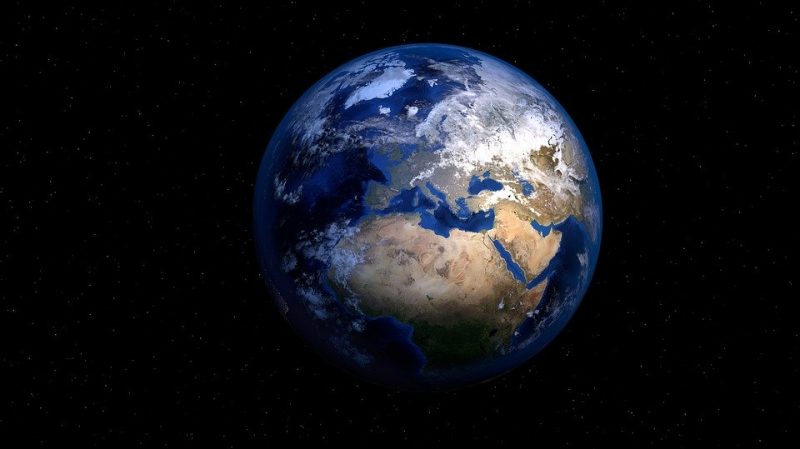
Pixabay
In this context, the articles in which we have shared our post-pandemic predictions and visions have received both domestic and foreign criticism. Our critics can be divided into two major camps:
1. The first camp asks why China, which is a part of the existing system and has enjoyed the benefits of it, wants to shake things up so dramatically.
2. The second asked how the relationship between globalization and the nation-state will be organized in the new global order… Can the two concepts co-exist?
It would be useful to answer the questions, especially given that they are directly related to one another:
DOES CHINA WANT SYSTEMIC CHANGE?
It is not difficult to understand that the Chinese authorities are satisfied with the globalized world, and particularly the free movement of capital and goods.
However, the Beijing administration has hotly criticized the current form of globalization for its Western-biased structure, and the way global trade has been used as a means of oppression, contrary to the principle of equality between nations.
Considering that the current structure of globalization is based on the unipolar rule of the US, it is not difficult to understand why China targets the foundations of the system in its criticism.
Given this context, it is clear that a transformation from unipolarity to multipolarity will also reform globalization, reworking its impact on international relations.
The reformation of globalization implies a structural change of the established order.
Although China wants to protect the instrument (the globalization), it wants to change the purpose of that instrument (the current system).
Just as the transition from the bipolar world to the unipolar world after the collapse of the Soviet Union led to the hegemony of neoliberalism, today, the transition from the unipolar world to a multipolar one will carry the seeds for a new economic orientation.
Globalization will continue to exist, not as an objective, but as an instrument.
To emphasize this argument further, the collapse of the current established order does not mean the collapse of globalization as such.
The other question in front of us is the fate of the nation-state in the face of a new model of globalization, and particularly, whether the nation-state is at all compatible with globalization.
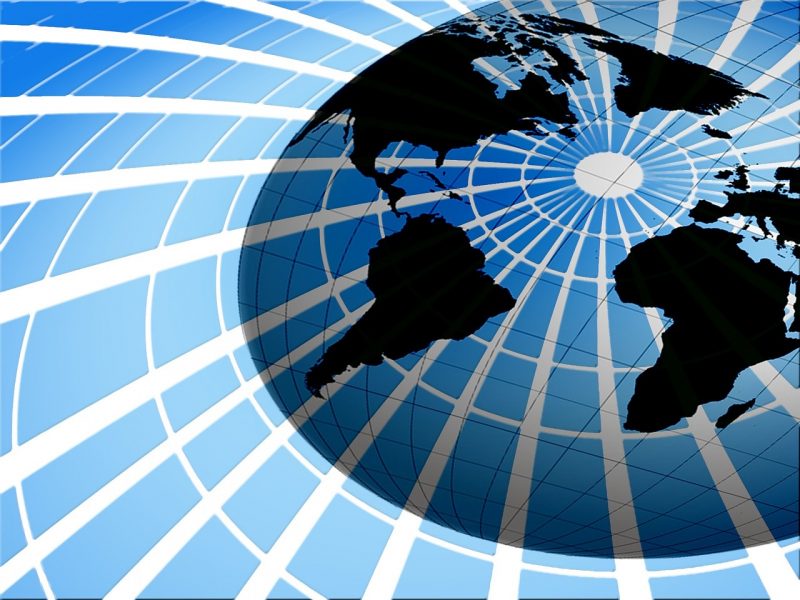
Needpix.com
THE NATION-STATE WITHIN A GLOBALIZED SYSTEM
While globalization was used as an imperialist tool of the West, the nation-states which held off the attacks via customs barriers and economic constraints increasingly came under pressure. Behind the disintegration of Yugoslavia and the destruction of Iraq we find their efforts to fight back with the Western-centered globalization, efforts which ultimately put a target on their backs.
Today, Syria, Turkey and Iran are being targeted for the same reasons.
However, underneath the neoliberal trends in Europe during the 1980s spearheaded by the Reagan-Thatcher-Mitterand triad was the will to eradicate the last remains of the nation-state in Europe from the face of the earth.
While Western-centered globalization has imposed the free movement of its own capital and goods economically, it has simultaneously attempted to assimilate the world culturally.
To put it more simply, the goal was to turn the entire world into a global village, with its restaurant being McDonalds, its coffee shops being Starbucks, and its cinema being Hollywood.
Nation-states were seen as the obstacles to total unipolar globalization.
Today, we are moving towards a multipolar world, the US and Western hegemony are weakening, and different powerhouses are rising around the world, especially in Asia.
It is clear that globalization will continue in the new and multipolar world as well, but in a new form.
In statements from China and Russia, two of the powerhouses of the emerging new world, we see an emphasis on pursuing a respectful approach in international affairs and respecting cultural differences. In terms of economics, the issue of the free movement of the goods and capital is never opposed as such.
As a matter of fact, we are even seeing the acceleration of globalization via new belt initiatives, especially the Belt and Road, are being planned.
The fate of custom’s barriers, which are essential for the economic health of the nation-state, also raise questions in terms of their implementation under multipolar globalization.
We might pose the question otherwise and ask: “Can we imagine a form of globalization in which the custom barriers of nation-states maintain their current power?”
Questions about this new type of globalization and the relationship between the nation-state in a multipolar order are often raised.
We have a world to reshape and quite a number of burning questions to answer.
Humanity will continue to move forward by sharing and exchanging thoughts, hopefully accomplishing both.







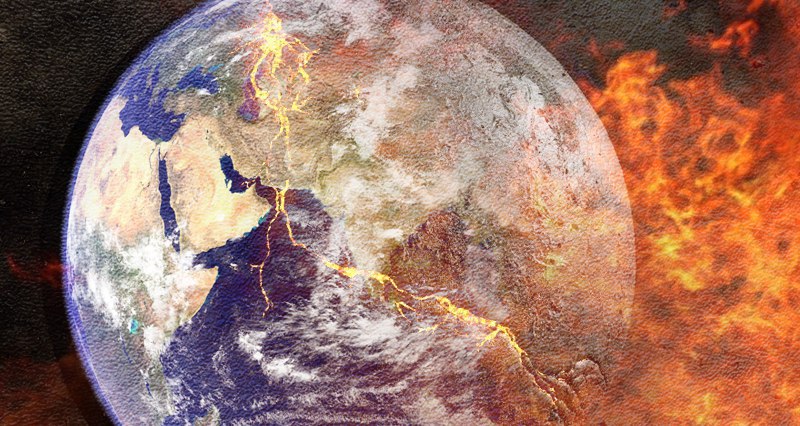





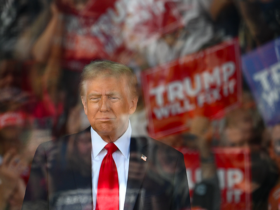
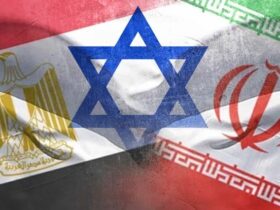
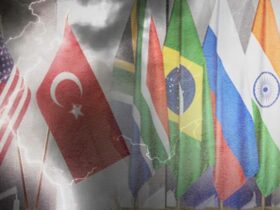

Leave a Reply